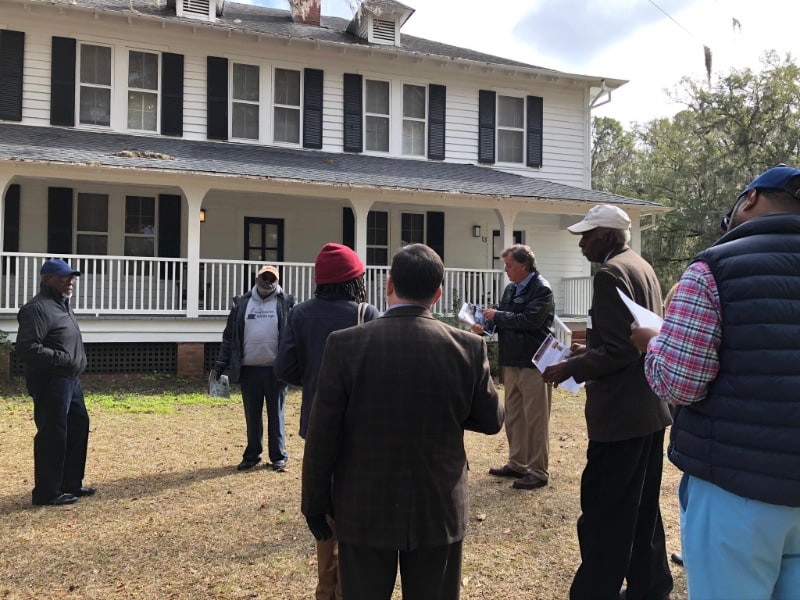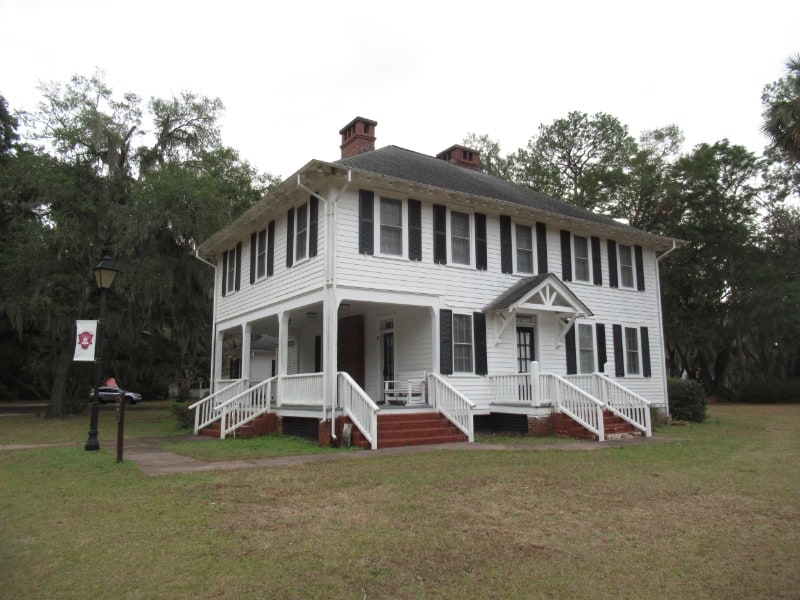Strategic Plan and Real Estate Models for Penn Center
Penn Center began in 1862 as Penn School, established by northern missionaries for the education of freed slaves on St. Helena Island. As support from northern abolitionists waned after Reconstruction, the school adopted the Hampton-Tuskegee curriculum model of trades education. The school closed in 1948 but the institution reinvented itself providing health care and social services. The Penn campus became a center for activism and strategizing during the Civil Rights era. It hosted interracial meetings for the NAACP, CORE, SNCC, and others. Between 1964 and 1967 Dr. Martin Luther King, Jr. convened five retreats with his close advisors at Penn. Deep in the Gullah-Geechee landscape, Penn has also been a stronghold of that culture and community. The campus is a National Historic Landmark and part of the Reconstruction Era National Historic Park.
Hanbury Preservation Consulting worked with the board of Penn Center to develop a strategic plan that would not only reflect community views but also determine goals and objectives allowing the organization to be proactive in developing programs and securing funding. The second element of Hanbury Preservation Consulting’s work was to examine national best practices for rehabilitation and adaptive use on other historic campuses and present the Penn Center board with models for underutilized campus buildings.







